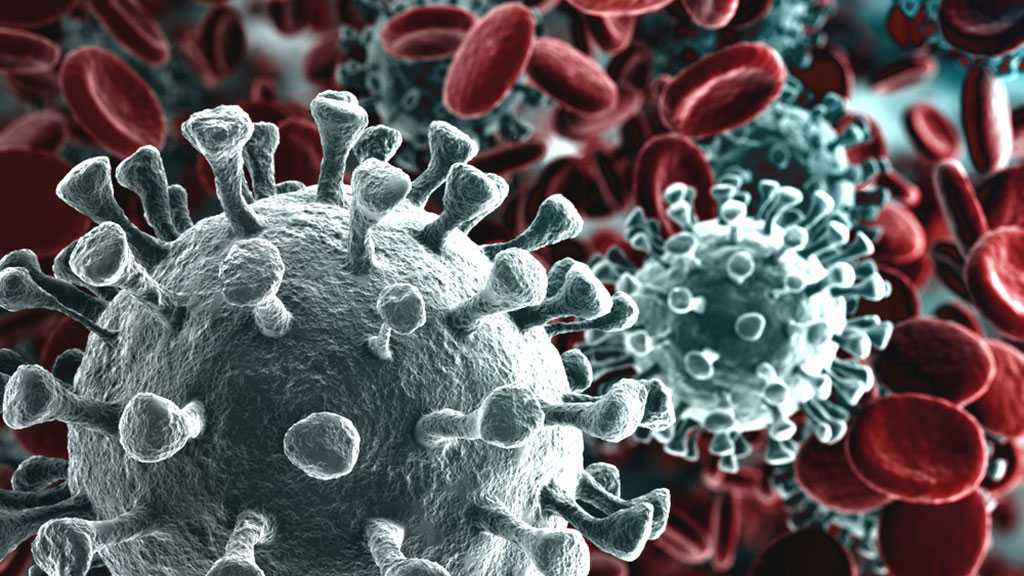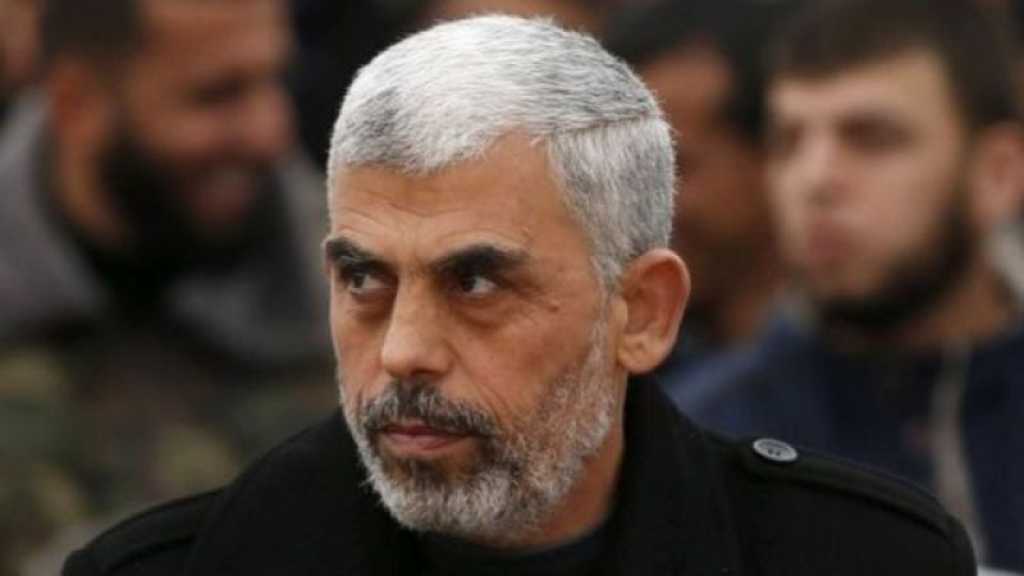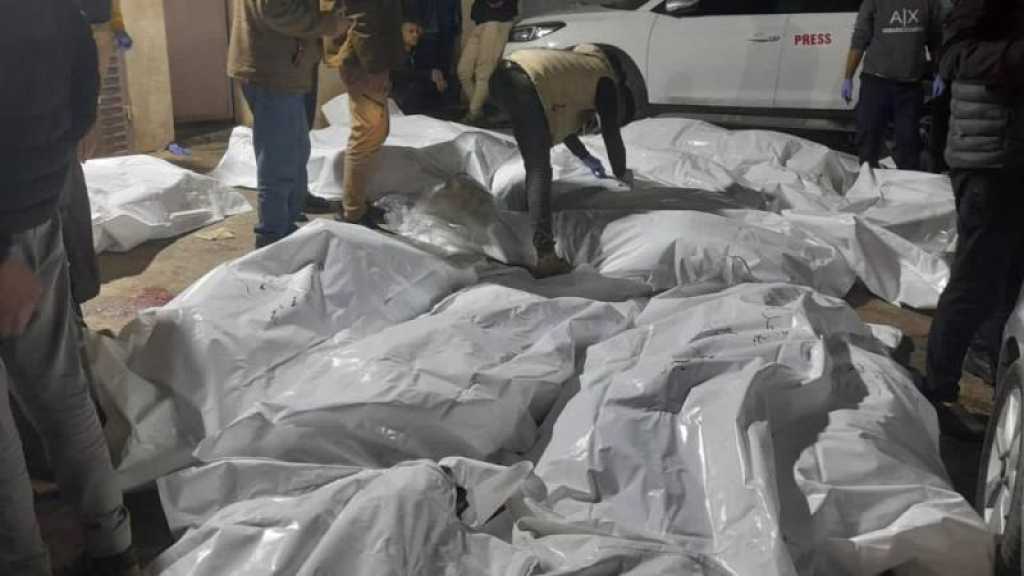
Lebanon Declares State of Emergency amidst 23 New Deaths & 3,095 More COVID Cases

By Staff, Agencies
Lebanon reported Monday 23 further deaths from coronavirus complications and 3,095 new infections as the authorities imposed a total lockdown between Jan. 14 to Jan. 25 to contain the surge.
A total of a 12,364 PCR tests have been administered in the last 24 hours, less than half the recent daily average as many labs are closed on Sundays. The positivity rate of the tests in the last two weeks stood at 16.2 percent.
Among the newly recorded cases, only five were detected among incoming travelers, according to the Health Ministry report, bringing the total number of cases since the virus was first detected in late February to 222,391. The total number of deaths now stands at 1,629.
The Health Ministry said 1,549 were in hospital for COVID-19, with 585 in ICUs and 173 on ventilators.
Also on Monday, Lebanon declared a “state of health emergency” between Jan. 14-25 that includes a total lockdown and round-the-clock curfew in an attempt to contain a dramatic surge of COVID-19 that has left the health sector teetering on the verge of collapse, official sources said.
The decision, which exempted Beirut airport that would remain operational during that period, was taken at an emergency meeting for the Higher Defense Council called by President Michel Aoun.
All public and private companies, including commercial banks, as well as places of worship would be closed during the lockdown with few exemptions that would allow the basic services to remain operational. Essential services employees and workers, that include journalists, some judges and lawyers would be allowed to venture out during the 24-hour daily curfew.
Bakeries, exchange dealers, money transfer shops, petrol stations and pharmacies would be allowed to open for few hours a day, while supermarkets and foodstuff shops would be allowed to provide delivery services only.
The airport will remain open, but at 20 percent capacity. All passengers on flights from Cairo, Istanbul, Adana, Addis Ababa and Baghdad would need to adhere to special measures upon arrival. HDC spokesperson said 85 percent of positive virus cases found among travellers into the country were from those cities.
To alleviate the economic impact, the HDC said the Army would soon start handing out a LL400,000 payment to 280,000 families.
The HDC urged the security forces to be strict in implementing the restrictions.
"The tragedy that we see at the gates of hospitals requires radical measures so that we can soften the catastrophic fallout of the spread of coronavirus," Aoun said at the start of the meeting.
Caretaker Prime Minister Hassan Diab had told a ministerial meeting earlier Monday that Lebanon has entered the phase of "grave danger" and the authorities must impose a strict lockdown to save reckless Lebanese from themselves.
"All indicators on the spread of the coronavirus clearly show that we have entered or are at the cusp of entering the phase of grave danger," Diab said at the start of a ministerial committee meeting set to discuss severely tightening restrictions to contain the virus. "It is our duty to protect the Lebanese from themselves because of the recklessness of a large number of them.
"We have to either contain the situation through a total and strict lockdown or face a Lebanese model that is more dangerous than the Italian model," Diab said.
A 25-day lockdown, with a long list of exceptions, went into effect Jan. 7, but the exceptions and violations seen are rendering the measures mostly ineffective.
Hospitals are starting to turn away old COVID-19 patients while others are treating some in their cars in nearby parking lots. A shortage of medicine and medical equipment due to lack of funds and refusal of some private hospitals to treat coronavirus cases have exasperated the situation.
Lebanon's handling of the virus surge amid a deepening economic crisis has been under scrutiny, with many saying hesitant policies have failed to contain it.
Despite a rise in infections, the government relaxed restrictions ahead of Christmas and New Year’s celebrations, hoping to boost a crumbling local economy.
Penalties against big holiday gatherings and parties were not evenly and strictly imposed. On Sunday, a football match was allowed to take place in the northern Tripoli province with fans.
On Monday, panic buyers swarmed supermarkets after reports the government planned to also order them shut in the tightened lockdown. Long lines formed outside chain supermarkets, sparking fears the crowds could further spread the virus.
The Associated Press reported that last Friday, the World Health Organization said 76% of hospital beds were occupied while the ICU bed occupancy had reached 88%, with the highest in Beirut. Some 2,291 health care workers had been infected by Jan. 8, up from 2,015 three days earlier.
At the largest public hospital in Beirut, the Rafik Hariri University hospital, doctors and nurses were overwhelmed with new patients and all the 40 ICU beds were fully occupied. "We are in the heart of the crisis," nurse Therese Gobar told the AP.



